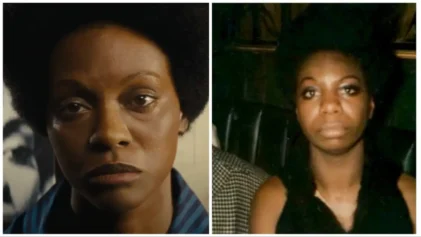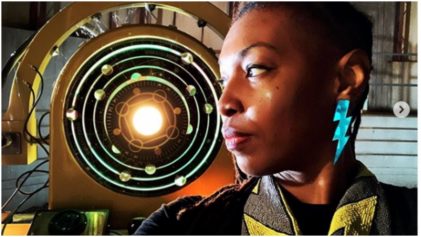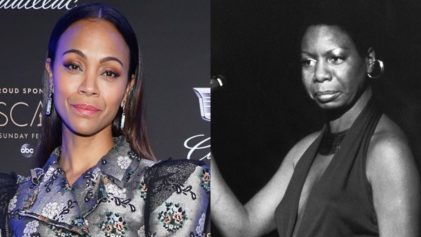There are plenty of great performers who can be likened to Beyoncé, but Nina Simone isn’t one of them.
Diana Ross, Madonna and Whitney Houston all come to mind. Yet Simone, a pained chanteuse in exile with a cult following and only one Top 20 hit (“I Loves You, Porgy”), is the sole predecessor Beyoncé mentions in Beyoncé: Life Is but a Dream, an autobiographical documentary on HBO on Saturday night. Beyoncé is the star and also its executive producer, narrator, co-writer and co-director.
“I think when Nina Simone put out music, you loved her voice,” Beyoncé says in the program. “That’s what she wanted you to love. That’s what — that was her instrument.” She refers to a simpler time in the recording industry but glosses over Simone’s very public profile in the civil rights movement. “But you didn’t get brainwashed by her day-to-day life and what her child is wearing and who she’s dating and, you know, all the things that really — it’s not your business, you know? And it shouldn’t influence the way you listen to the voice and the art. But it does.”
And that rumination is a curiously tone-deaf moment in a film that is supposed to be an étude of self-discovery. For while, it is true that Simone performed long before pop-music success was so dependent on appearance and the apparatus of fame, it is Beyoncé‘s mastery of that very apparatus, more than her voice, that rocketed her into the stratosphere.
That’s just one instance in this gauzy, stylish and utterly opaque film that comes off less as an autobiography than a song-and-dance defense brief. There are no witnesses testifying on Beyoncé‘s behalf — she is almost the only person in the film who speaks more than a few words — nor is there any obvious reason someone as popular, recognized and financially rewarded as Beyoncé would feel misunderstood, yet the intent is clear.
This superstar has summoned all her formidable strength, charm and self-discipline to prove that she is, beneath it all, a fragile artist buffeted by the winds of fate and hyperfame.
She makes the point over and over, usually into the camera of her laptop, which she uses as a diary. “Stop pretending that I have it all together, and if I’m scared, be scared, allow it, release it, move on,” she tells herself. She adds softly, “I think I need to go listen to ‘Make Love to Me,’ go make love to my husband.” (That would be Jay-Z.)
Show business, like the weather, seems victim to climate change, and Beyoncé is an extreme diva, a megastorm of talent, drive, beauty and marketing. The film comes to television just as the tsunami of her performances at the presidential inauguration and the Super Bowl are ebbing, and just before the start of a world tour to promote her fifth solo album.
The sun never sets on the Beyoncé empire: This pop star, whose face is on Pepsi cans, L’Oreal billboards and the covers of GQ, Vogue and Forbes, will also be interviewed by Oprah Winfrey on OWN on Saturday night.
The documentary may seem like just another publicity way station, but it is as telling about the current temperature of pop music as Madonna: Truth or Dare was about the late 1980s and early ’90s. Madonna perfected the art of brazen exhibitionism and arch defiance, turning her cheeky monomania into a manifesto of female empowerment. Beyoncé‘s self-portrait is also a declaration of independence, but sung in a more pleasing, feminine key, answering the critics rather than scorning them.
Read more: NYTimes


